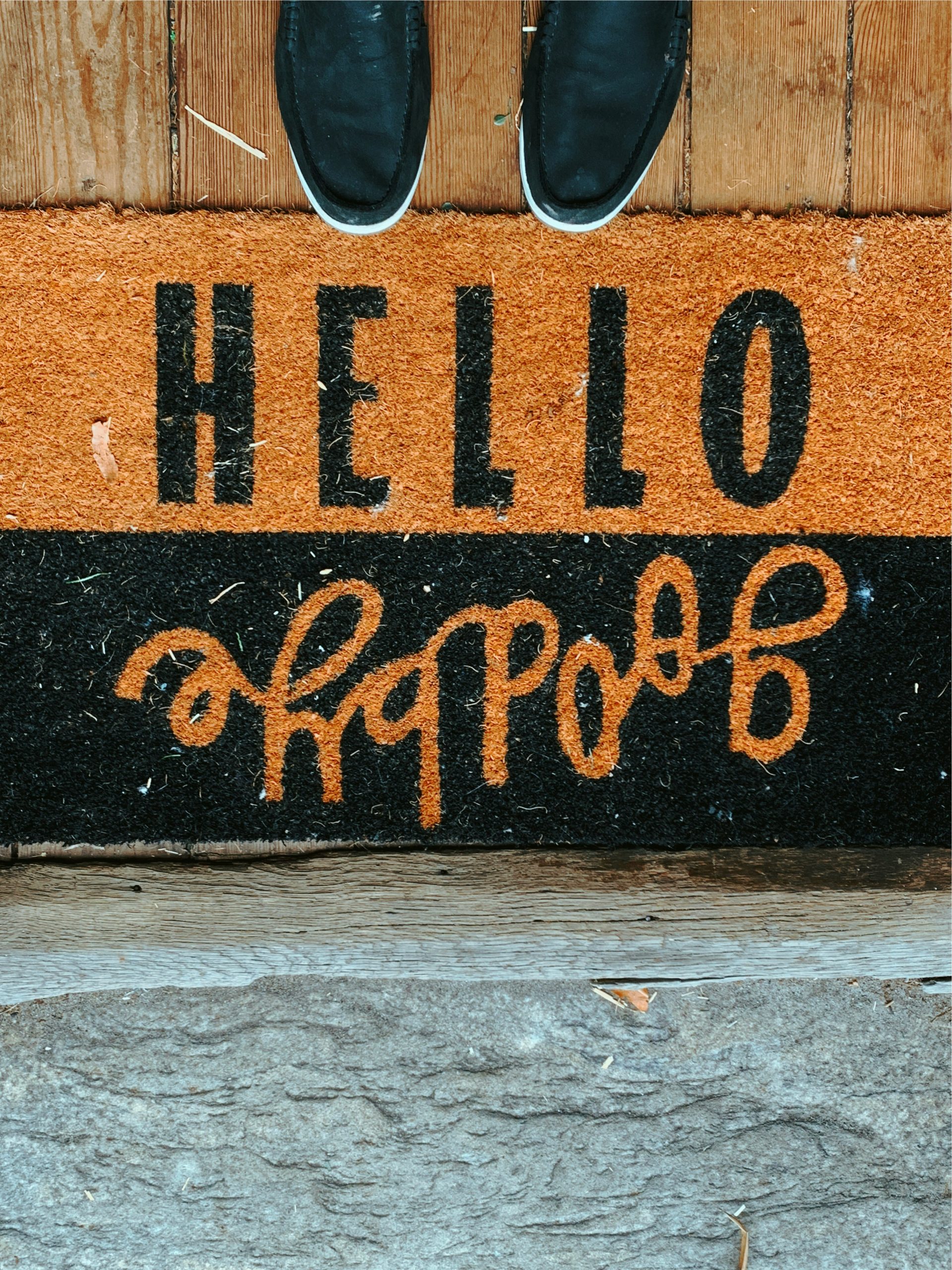Working as a caregiver for a friend or family member is a rewarding but stressful job. When my mom qualified for an aide (thanks to the pooled income trust and Medicaid), it gave me a break during the day to work from home, run errands or find time for a much-needed nap.
Getting an aide to match the person who needs care is often not an easy task—good aides are hard to find, especially if you can’t afford to hire the one you want. Finding an aide whose temperament and personality match the person they’ll be spending the day with adds another layer of difficulty.
If the person requiring the aide is able to communicate effectively, it’s good to meaningfully discuss what they are looking for. Keep in mind, the first part of the discussion will largely be, “I don’t need anyone. I’m OK. I’ll be quiet, I won’t bother you.”
Ironically, the better condition the loved one or friend is in, the harder it is to find a compatible aide. After my mom broke her second hip at 95, she needed some help around her apartment. Even though I was living there as a primary caregiver, helping her 24/7 became difficult at first and unmanageable as she turned 96, 97, 98.
She did not suffer from dementia (thank goodness), and she was able to walk around with her walker, but she had become unsteady on her feet and couldn’t prepare meals or shop without help. (Although watching her stubbornly push a shopping cart—the ideal walker—around Costco was like watching an Olympic marathon. And her cart was empty. I had the full one.)
Because it had also become more difficult to socialize, what she really wanted in an aide was someone who could walk her to the bathroom, sit in the building lobby with her where she could hold court, take her outside when it was nice, prepare simple meals and, most importantly, talk to her.
Good luck. Every aide who showed up could handle the walking part. The meals added another challenge. But talking? Some aides showed up, would sit 15 feet away from her and never open their mouths. This may be the perfect aide for someone who is unable to speak, but Mom needed a pal.
Generally, when a new aide rang the doorbell in the morning, we could tell within 15 minutes if this was going to be a good day. Mom liked the women who grew up in New York. Didn’t matter what nationality they were, how old they were, if they put down a mat in her kitchen and prayed or if their accents were thick. She’d just ask them to keep repeating what they said, and eventually they’d both give up and end up laughing.
Other than silence, the things that set Mom off: aides who refused to use her egg slicer (she liked an occasional hard-boiled egg), aides who wouldn’t use the dishwasher (or worse, aides who used the dishwasher and then took the dishes out and hand washed them) and aides who wore perfume. While parts of her body were weakening, her nose seemed to improve. She did tell a number of very nice women, “You smell.” She usually would quickly add, “not in a bad way.” But not always.
Mom had grown up in the Washington Heights section of Manhattan, and my dad had grown up in the Bronx. They both had worked and had friends throughout the city, so they were very much of the five boroughs. One of the first aides who showed up had taken the bus from Washington Heights, and she and Mom hit it off immediately. Unfortunately, she had a full-time gig and could only come on occasional weekend days. Then not at all.
Another short-lived candidate was a public school worker from the Bronx who had the summer off, but her commute was too long. The Bronx is a little like Boston in that there are very few straight ways to get from one place to another. Without a car, short trips could require multiple buses or subways.
On many days, no one showed up, which made Mom happy but left me frustrated.
“I’ll be quiet, I won’t bother you,” she’d say. I’d smile and she’d shrug.
Eventually I had to find a new place to send aides. The first agency had no one left. They’d run out of women.

Howard Gensler is a veteran journalist who has worked at the Philadelphia Daily News, TV Guide and the Philadelphia Inquirer and has freelanced for dozens of magazines and websites. Gensler wrote the story for the 2012 movie Hysteria, starring Maggie Gyllenhaal and Hugh Dancy. In between jobs, he worked as a caregiver for his mom.



